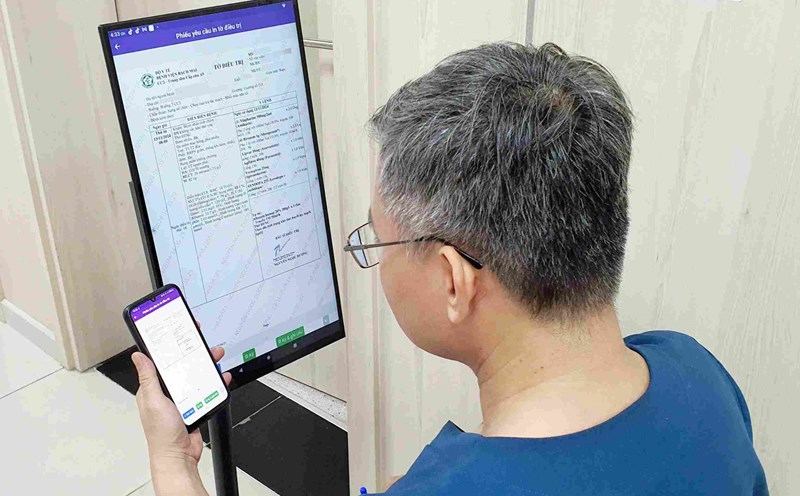Prof. Dr. Tran Van Thuan - Deputy Minister of Health, Chairman of the Ministry of Health has just issued a circular regulating prescriptions for drugs and the prescription of pharmaceutical and biological products for outpatient treatment at medical examination and treatment facilities.
According to this new Circular, patients with some chronic diseases on the list of permitted diseases will be prescribed outpatient drugs for more than 30 days, instead of the maximum limit of 30 days as before.
This is considered a breakthrough change, removing the inconveniences that have lasted for many years, especially for patients in remote areas, the elderly or people with difficulty traveling.
Accordingly, the list of diseases and groups of diseases covered by outpatient prescriptions for more than 30 days issued by the Ministry of Health. Specifically, there are 16 groups of diseases: infectious diseases, parasites; blood diseases; mental illness; endocrine diseases, nutrition and metabolism, etc.
Common chronic diseases are treated for more than 30 days such as high blood pressure, diabetes, bronchitis, COPD, anxiety disorders, depression... to chronic hepatitis B, HIV/AIDS, hypothyroidism, lai of lai, Parkinson's, Alzheimer's, dementia, diseases of the blood and immunity such as Thalassemia, musculoskeletal fibromyalgia, as well as some gynecological diseases in adolescence such as menopausal women's disease. This list has a total of 252 diseases.
Previously, Circular 52/2017 stipulated that the maximum time for outpatient prescriptions was 30 days. In addition, the circular also stipulates the prescription of addictive drugs to relieve pain for cancer patients. The patient or the patient's representative must write a commitment to the use of addictive drugs.
For each prescription of a maximum of thirty drugs, 3 consecutive treatment periods must be specifically recorded on 1 prescription, each period must not exceed 10 days (clearly record the start and end date of the treatment period).
In case the cancer patient is at home and cannot go to a medical facility for examination, the patient must have confirmation that he/she needs to continue to be treated with addictive drugs from the Head of the Commune, Ward, or Special Zone Health Station where the patient resides, along with a summary of the medical record.
This Circular takes effect from July 1.










